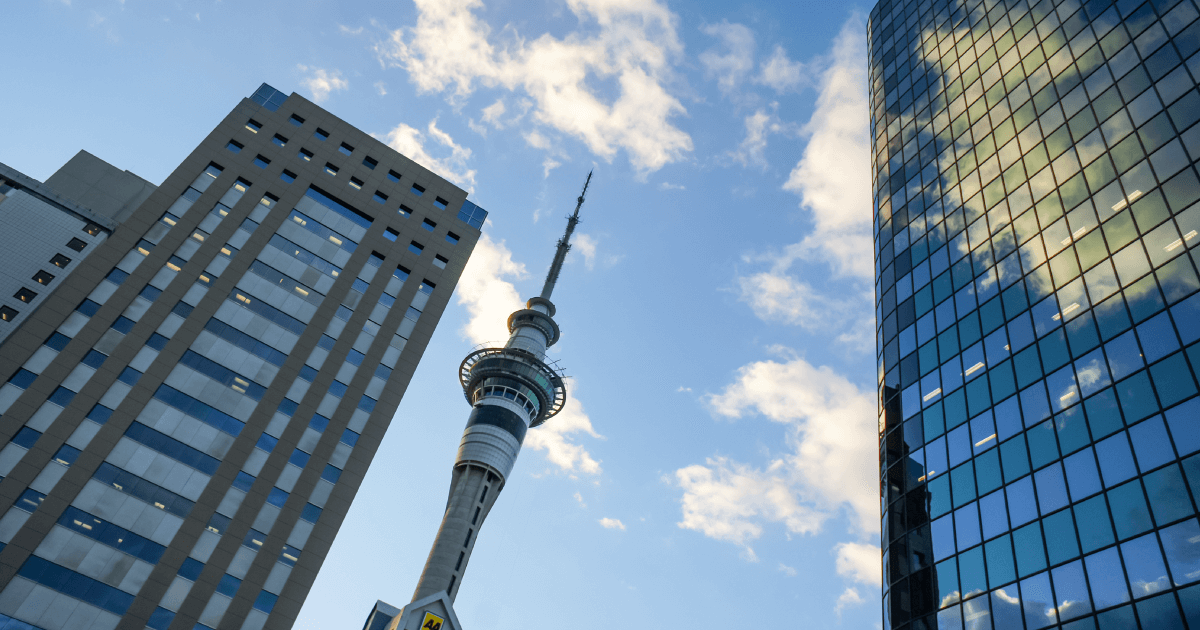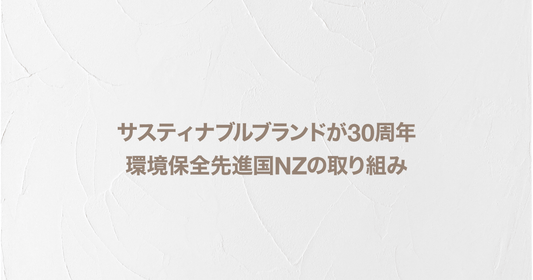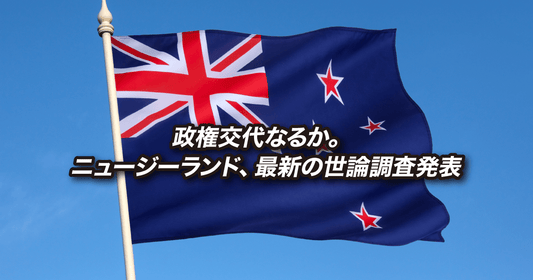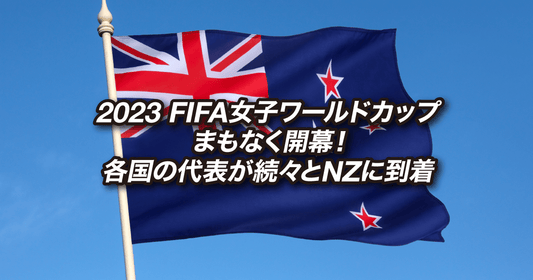
Since the re-emergence of community transmission on August 11, Auckland, where the outbreak occurred, has been at alert level 3, while the rest of the country has been at level 2. However, it has now been decided that Auckland will be lowered from level 2.5 to level 2, and other areas will be lowered to level 1.
There are currently 62 infected people in New Zealand. Of these, 29 are infected from overseas who entered New Zealand and were quarantined at the border. There have been no new cases linked to the community infection cluster that occurred in Auckland in the past seven days, and it seems that the second wave is nearing its end.
Auckland moves to Level 2
In response to the outbreak of the new coronavirus, the New Zealand government has begun to operate a warning system that divides the virus alert level from the highest level of Lockdown 4 into four levels: 3, 2, and 1. Auckland, New Zealand's largest city (population 1.65 million), where community infections have occurred, established a new level 2.5 on August 31st with the aim of gradually transitioning from Level 3, which started on August 11th, to Level 2. It has been decided that this 2.5 alert level will be lowered to 2 from 11:59 pm on Wednesday, September 23rd.
This level 2 will last for 14 days, and the government will review the situation again on October 5th to consider whether it can be lowered to level 1.
New Zealand Health Commissioner Dr. Bloomfield said at a press conference on September 21st:
The fact that new community infections in Auckland have been kept under control for the past seven days is considered reason enough to move to Level 2, which would allow current restrictions on social gatherings to be relaxed.
Auckland will move to Level 2, lifting the ban on gatherings of up to 100 people.
Prime Minister Jacinda Ardern has urged people to remain vigilant despite the lowered alert level, and to stay at home if they have any symptoms such as a cough or sore throat.
For Auckland to lower its alert level to level 1, it is essential that the current decline in case numbers continues.
Auckland still needs time. The infection is coming under control, but as the epicenter of the spread of the virus, we must remain vigilant.
said Prime Minister Ardern.
All cities except Auckland are at alert level 1
Prior to Auckland, the alert level was lowered to 1 in all areas of New Zealand except Auckland, where there have been no cluster outbreaks, from the 22nd.
However, the alert level has not been completely lifted. As there is no fundamental solution to the virus, such as a vaccine or medicine, there is always a possibility of new infections, so people are being urged to stay at home if they feel unwell. In addition, with large events already planned, people are being encouraged to register for infection tracking apps and wear masks when social distancing cannot be maintained.
However, at level 1, we can return to almost everyday life. We are encouraged to prepare masks just in case, but wearing a mask is not required and is not mandatory. This is something to be envious of.
Level 1 again, be more careful this time!
New Zealand was at Level 1 throughout the country until August 11, when community infections re-emerged. The country had been at zero cases for 102 days. Rugby matches were even held with tens of thousands of spectators. The alert level was lowered again, but experts are calling for people to be "more careful this time."
However, Professor Sean Hendy of Te Punaha Matatini, a leading research institute in New Zealand, said that the government's decision to lower the alert level was a reasonable decision. Professor Hendy's team calculated that one infected person will infect 0.8 others, which is less than one person. While it is highly likely that the virus can be eliminated if there are fewer than one person, he called for people not to let their guard down because there may be infected people who have not been diagnosed as positive.
Associate Professor Wills, an infectious disease specialist at the University of Auckland, expressed some concern about the lowering of the alert level, and pointed out that Auckland residents should avoid non-essential travel outside the city.
He said that all citizens should continue to be vigilant, be alert for signs of infection, stay at home and get tested appropriately, and that if masks are worn in crowded places, social distancing is practiced, active testing is carried out, and testing, tracing and isolation are thoroughly implemented, it will be possible to control the situation even if an infection occurs. He also pointed out that testing is also necessary for re-entering the country after the quarantine period ends.
New Zealand is expected to eliminate the virus. If all goes well, the Cabinet meeting on October 5th will decide to lower the national level to Level 1 from October 7th.





